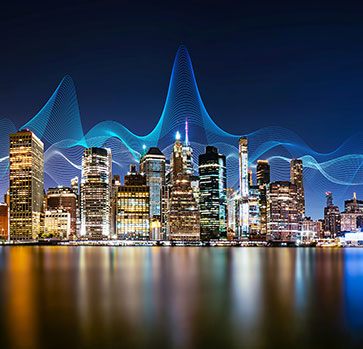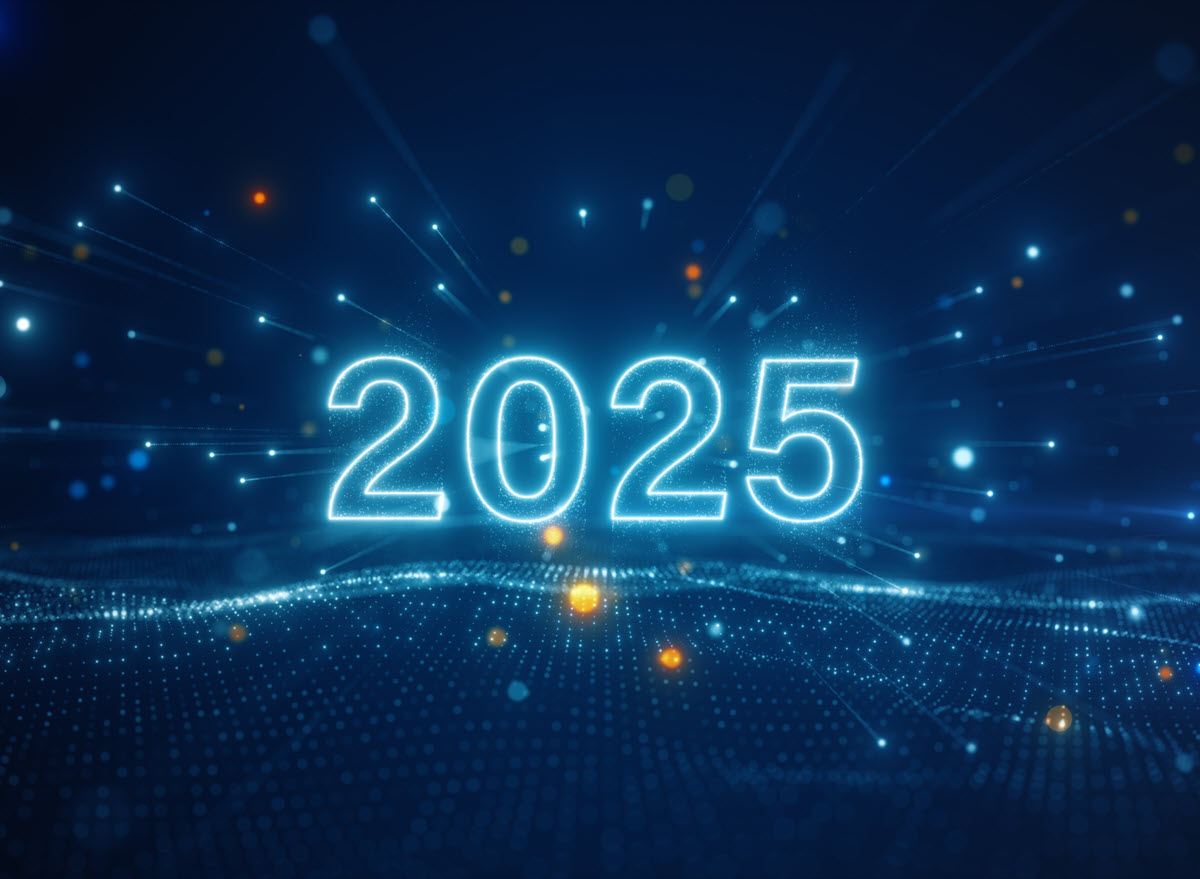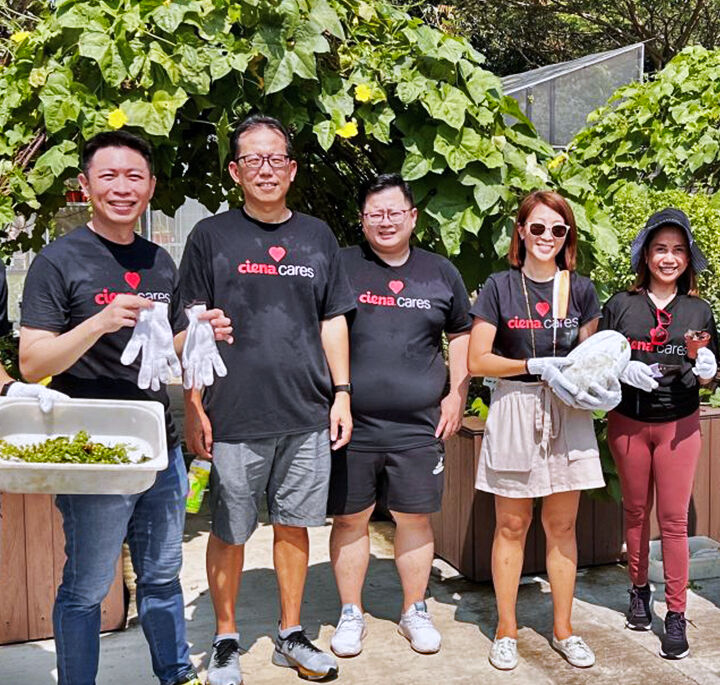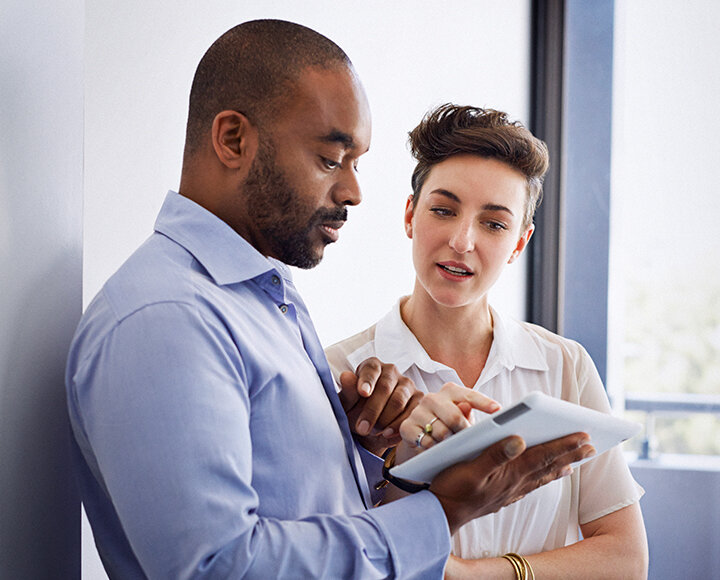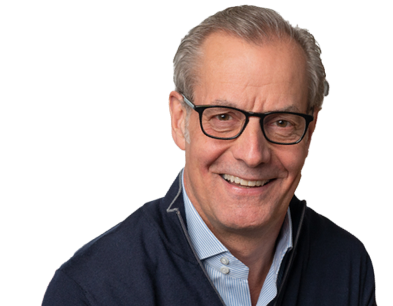Our success is rooted in people
Together, we make a difference.
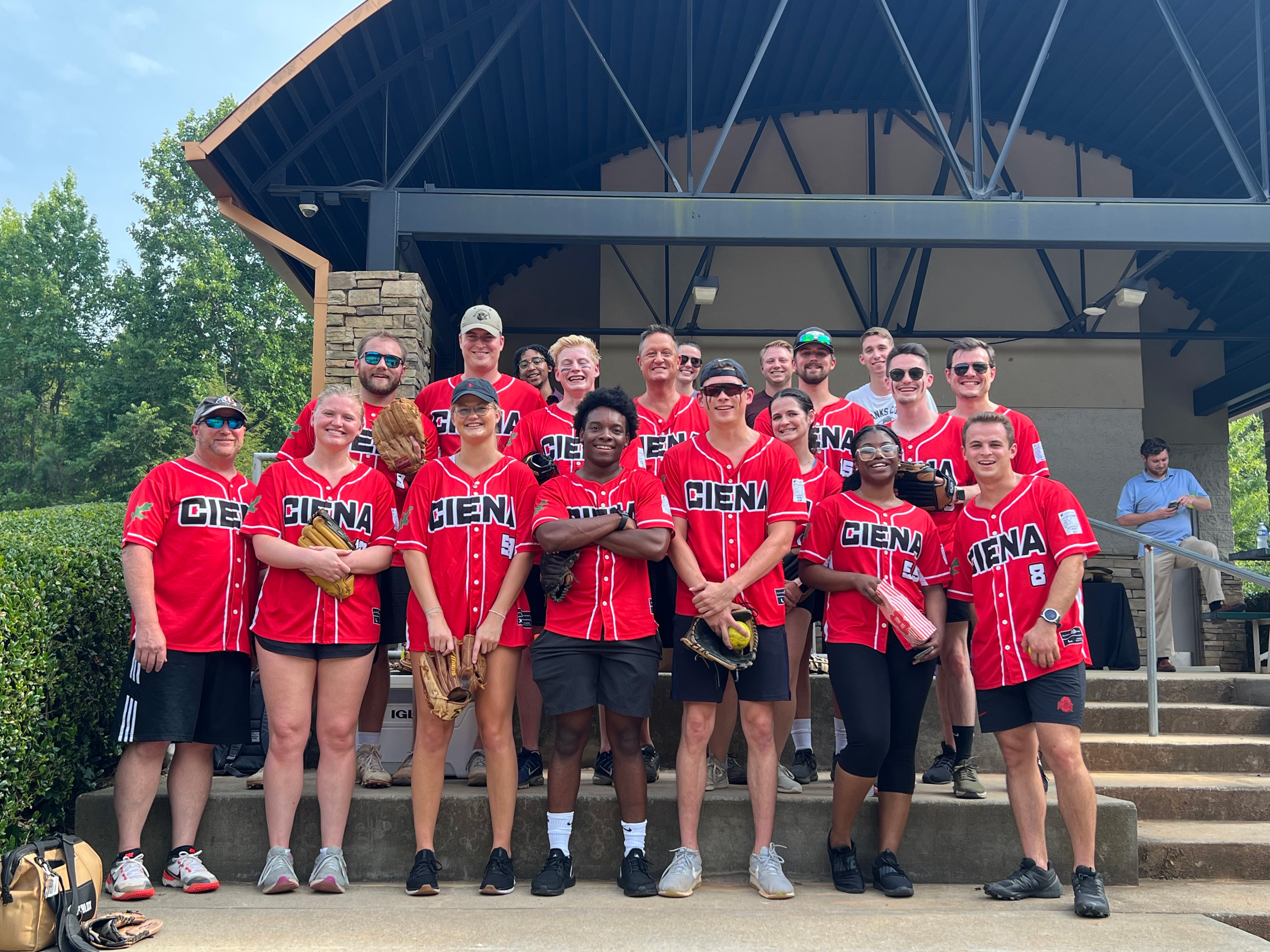
The blending of our deep humanity and relentless innovation is what sets us apart and makes us such a unique place to work.
Our Purpose in action
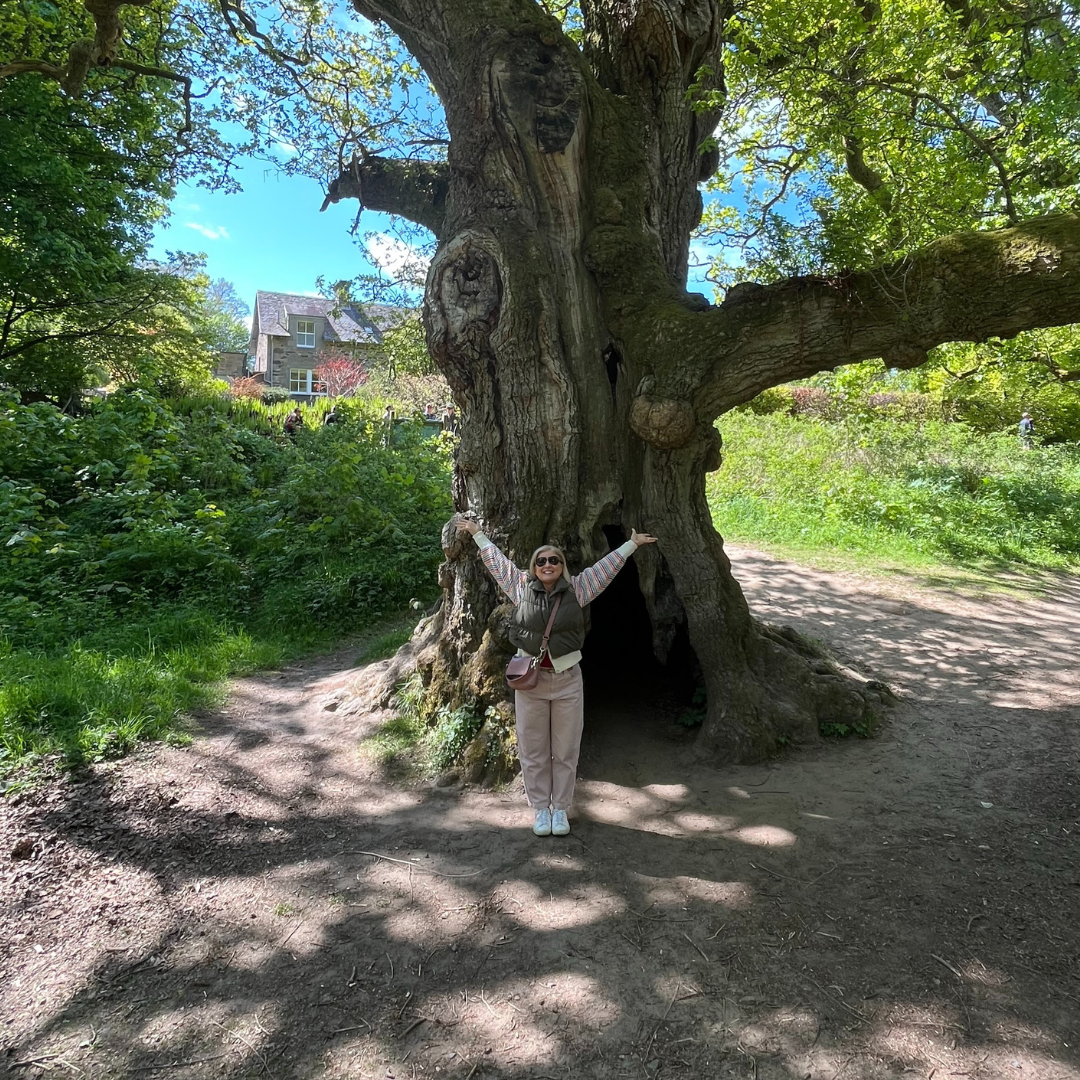
blog
Passion in action: advancing sustainability in our supply chain
Meet Lynne Pascal, our Director, Supply Chain Sustainability. Her passion for helping...
Read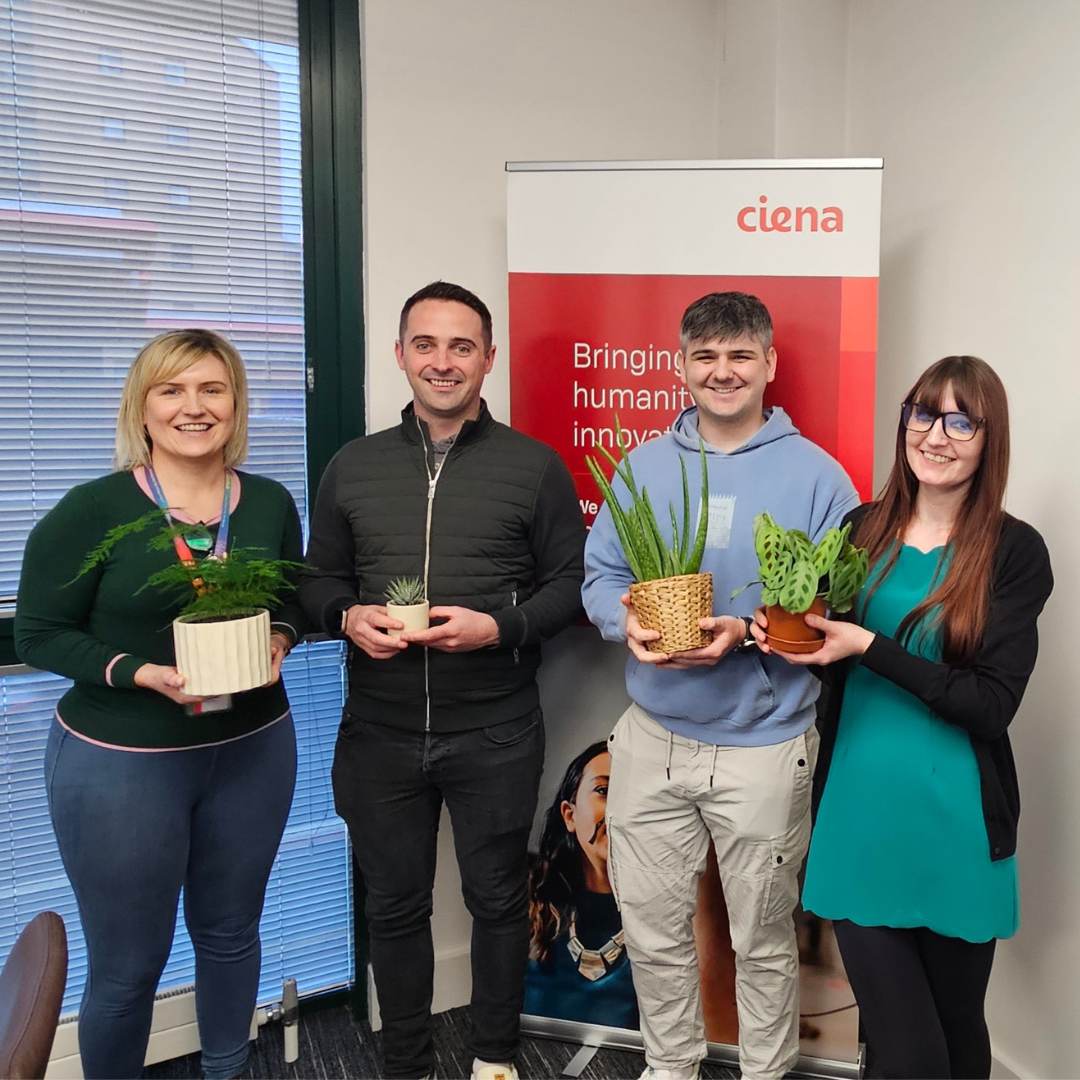
blog
Sustainability in practice: how the Belfast Green Team is helping us meet our goals
Discover what our Belfast Green Team accomplished in their first year of working toge...
Read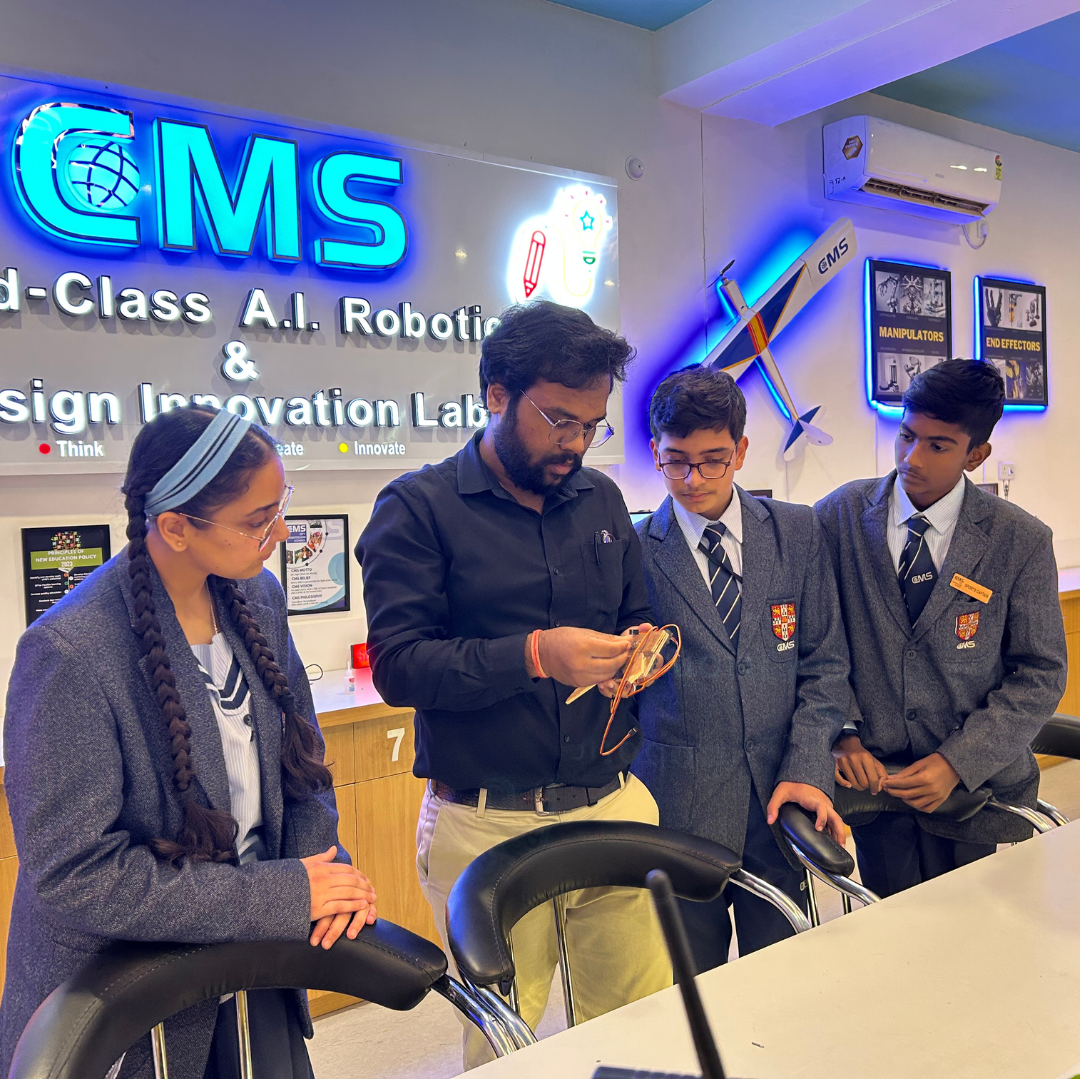
blog
Meet tomorrow’s sustainability leaders: celebrating the 2025 Ciena Solutions Challenge winners
Meet the young people who are taking action on sustainability around the world with t...
Read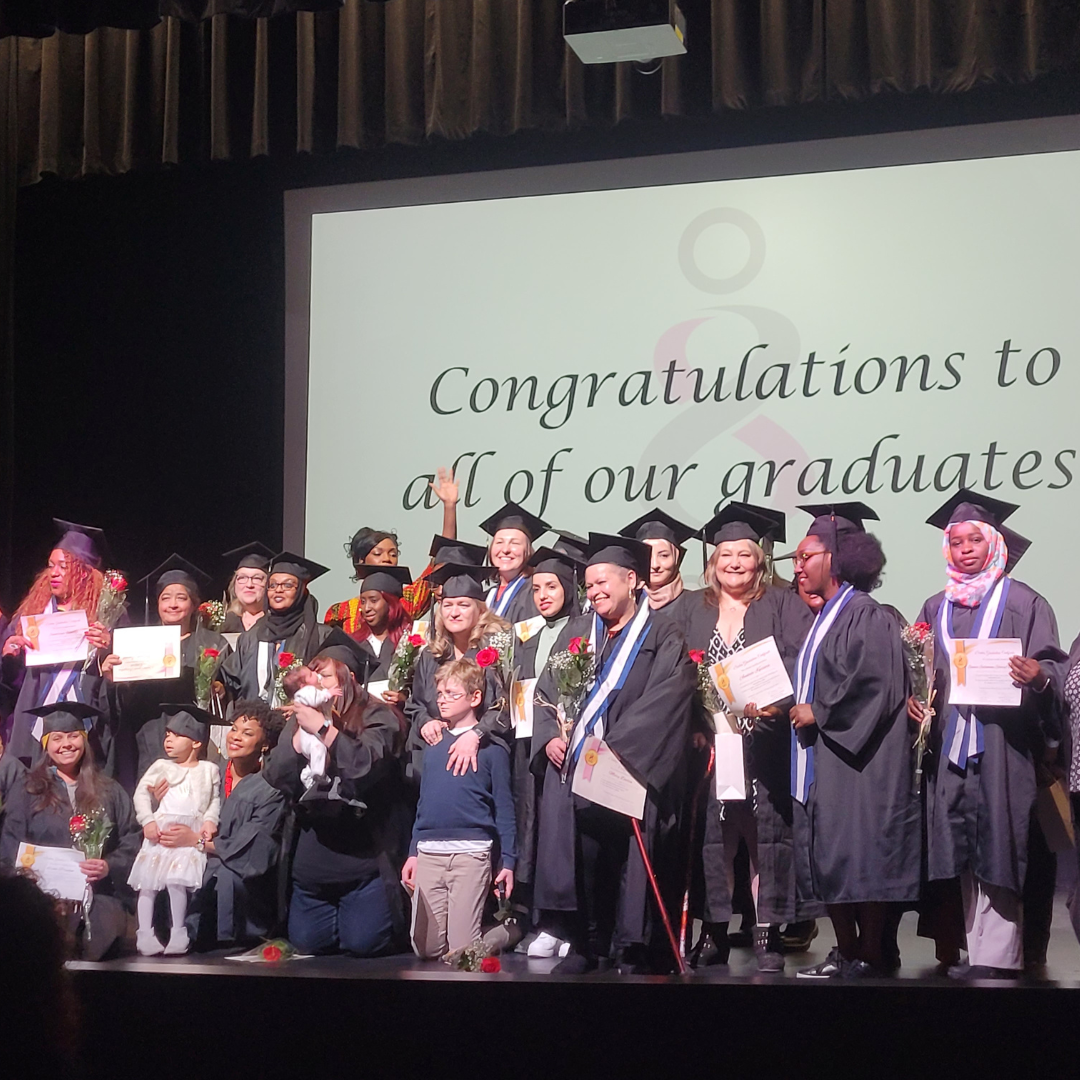
blog
Helping women in Ottawa gain financial independence through digital skills training
Discover how Ciena’s support of iSisters Technology Mentoring is advancing digital in...
Read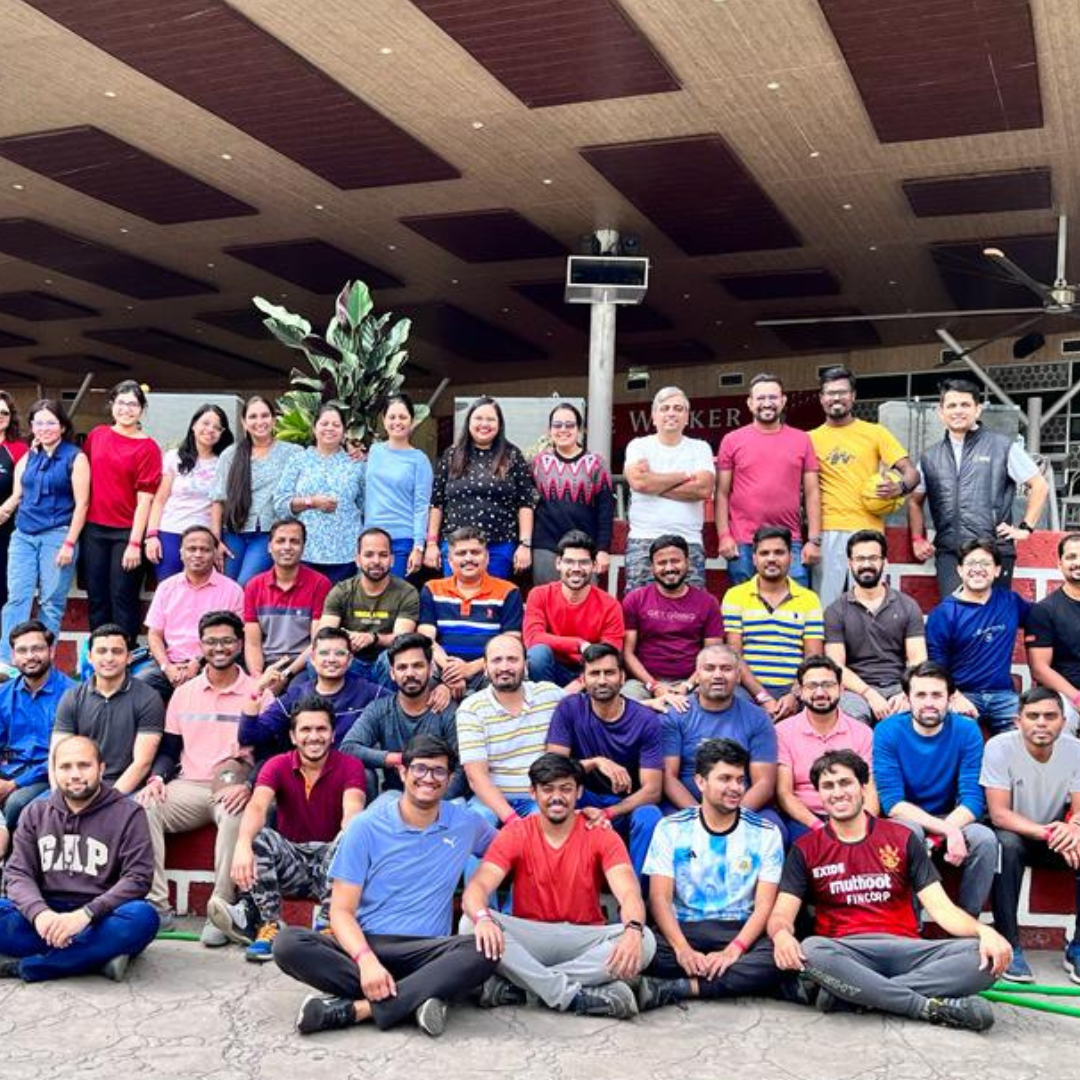
blog
The Blue Planet career experience: from new grad to inspiring leader
Read the stories of three Blue Planet employees at two, five, and ten years into thei...
Read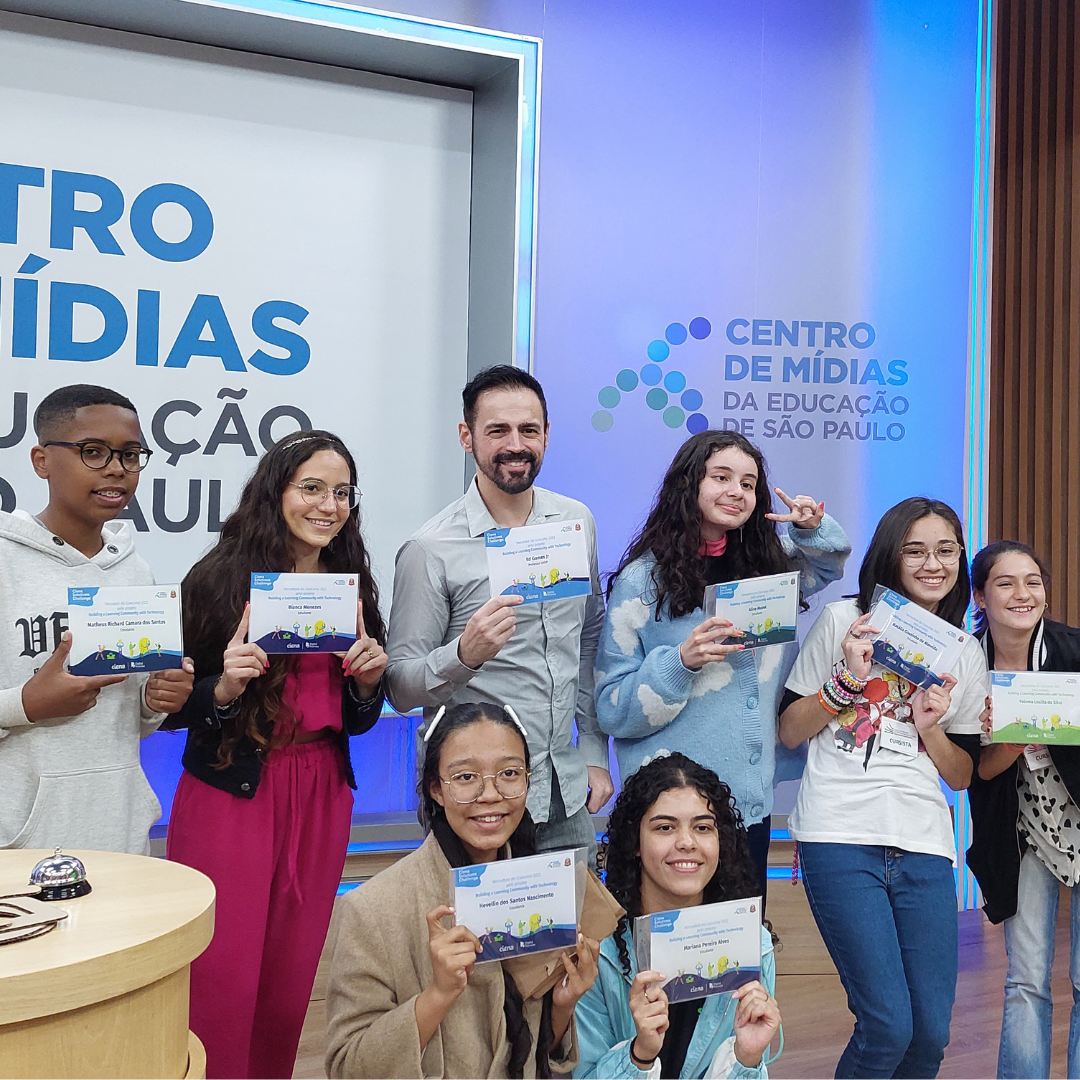
blog
How Ciena is supporting Challenge Based Learning at schools around the world
Ciena grants technology and professional development support to three schools in Zimb...
Read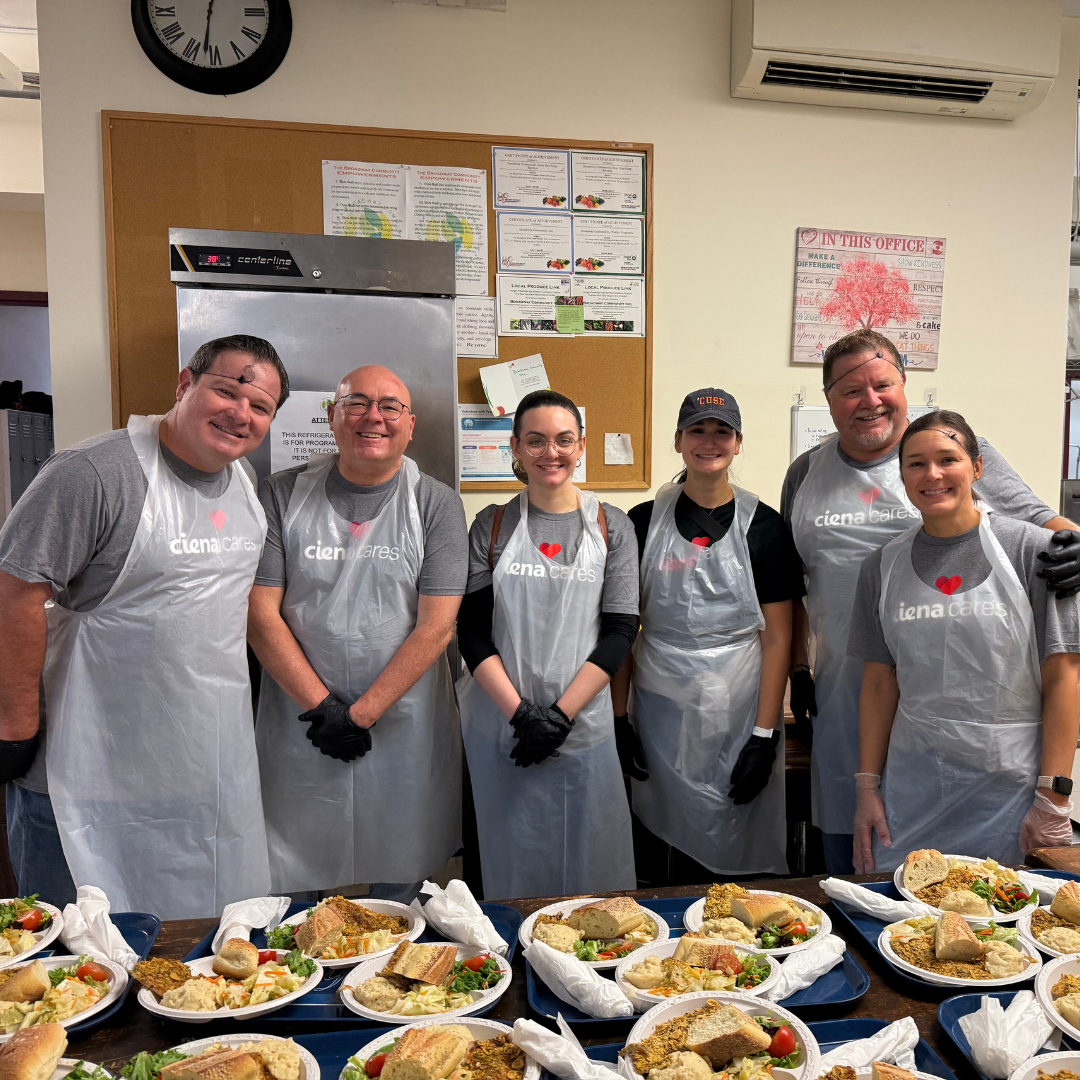
blog
Doing good for our people, planet, and communities in 2024
At Ciena, we recognize our responsibility to make a positive impact on those around u...
Read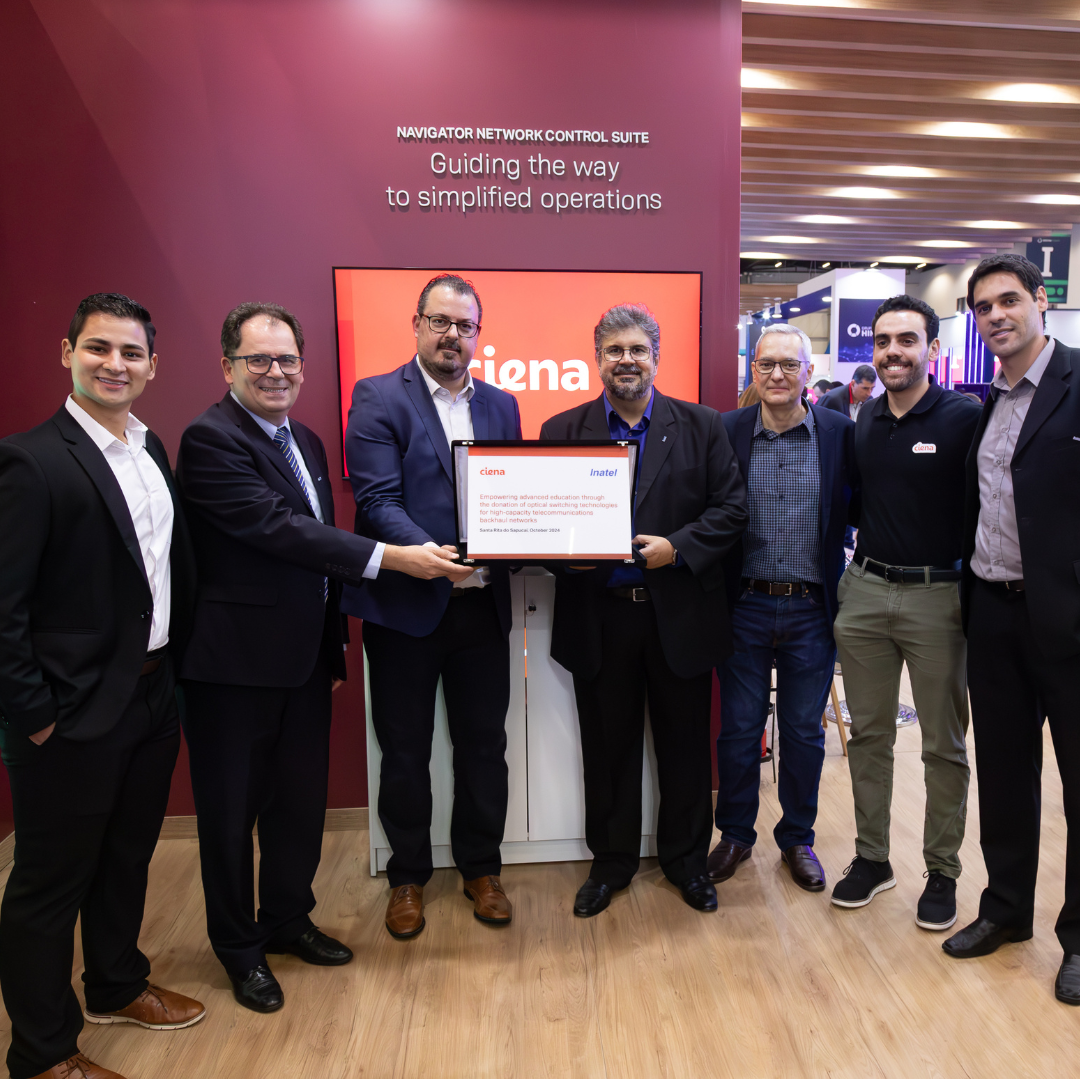
blog
How Ciena’s donated equipment is training the next generation of engineers
Ciena donates equipment to Inatel, Brazil’s National Institute of Telecommunications,...
ReadCiena won Benevity's 2024 People Power Goodie Award, recognizing our employee-first culture that engages and empowers our people through purpose. This award is a testament to the success of our Ciena Cares program and our commitment to supporting our people’s passion for doing good.
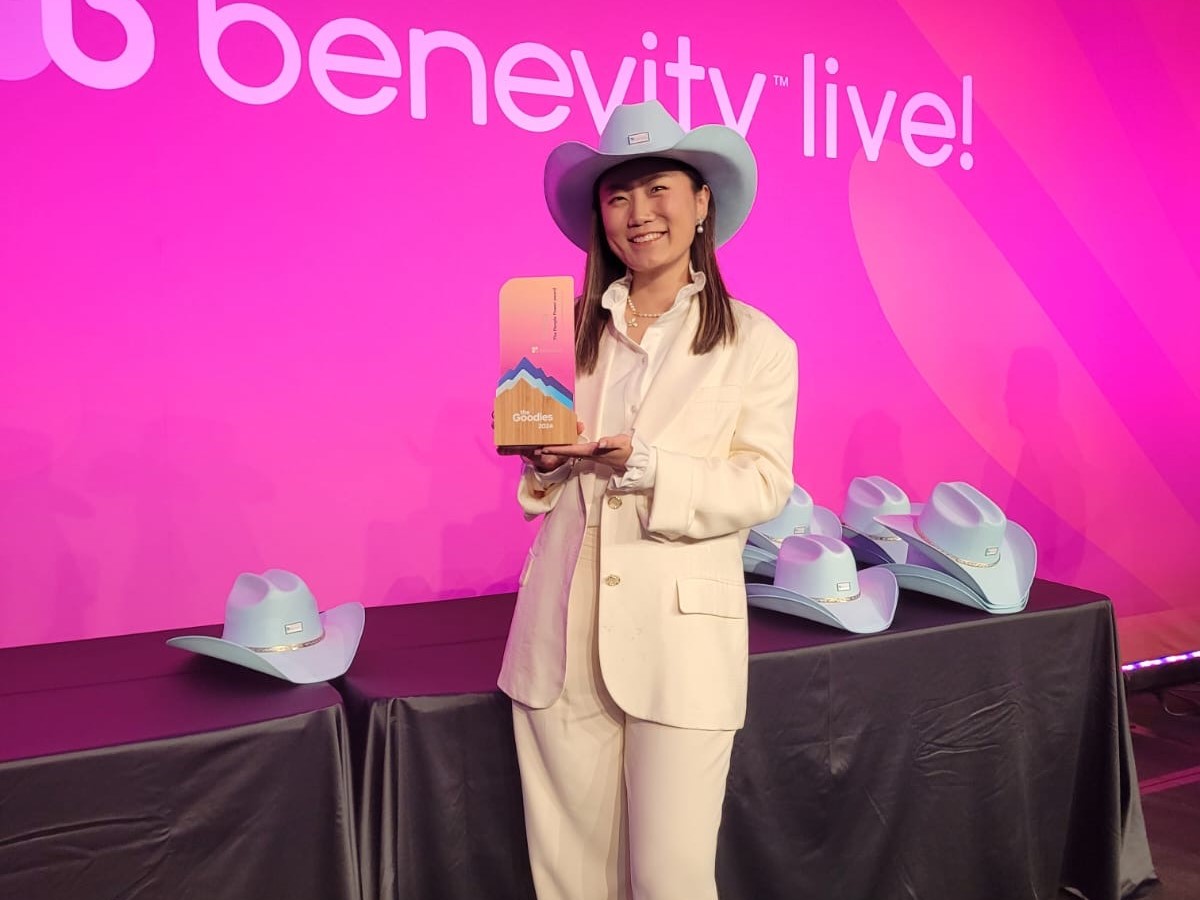
Our people stories
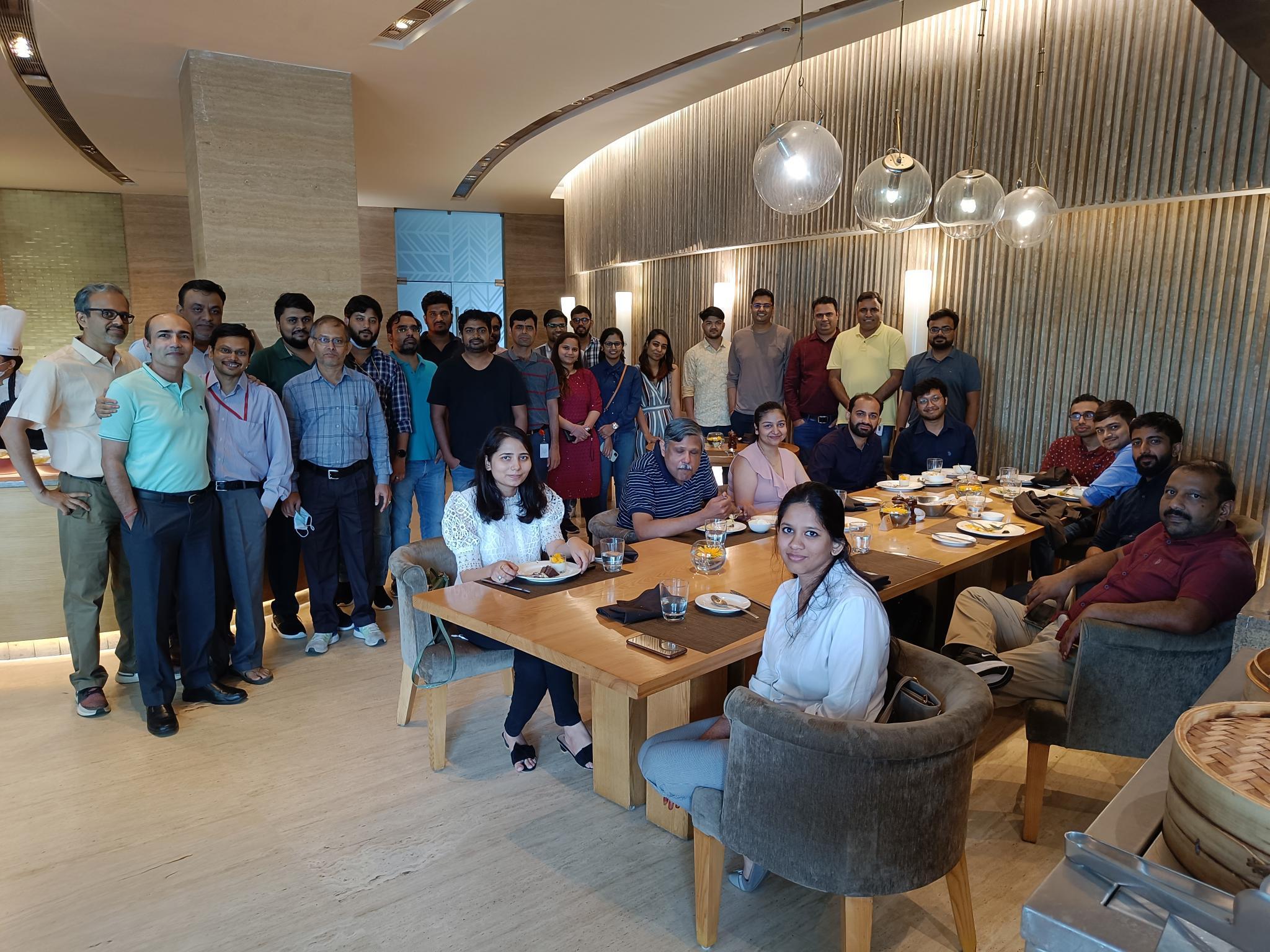
blog
Career insights: From intern to leader, Pradap shares his career journey
Pradap Rajagopal began his career as an intern and has grown his experience in engine...
Readblog
Leader insights: David Rothenstein on evolving your career path
David Rothenstein, Senior Vice President and Chief Strategy Officer, shares how his c...
Readblog
Leader insights: Sheela Kosaraju on making the most of every opportunity
Sheela Kosaraju, Senior Vice President and General Counsel, shares how she has been s...
Readblog
Career insights: Supporting our people in exploring their passions
At Ciena, we encourage and support our people in pursuing their passions. Carla Marti...
ReadBeyond the office
Explore more about life at Ciena on our Instagram feed and other social channels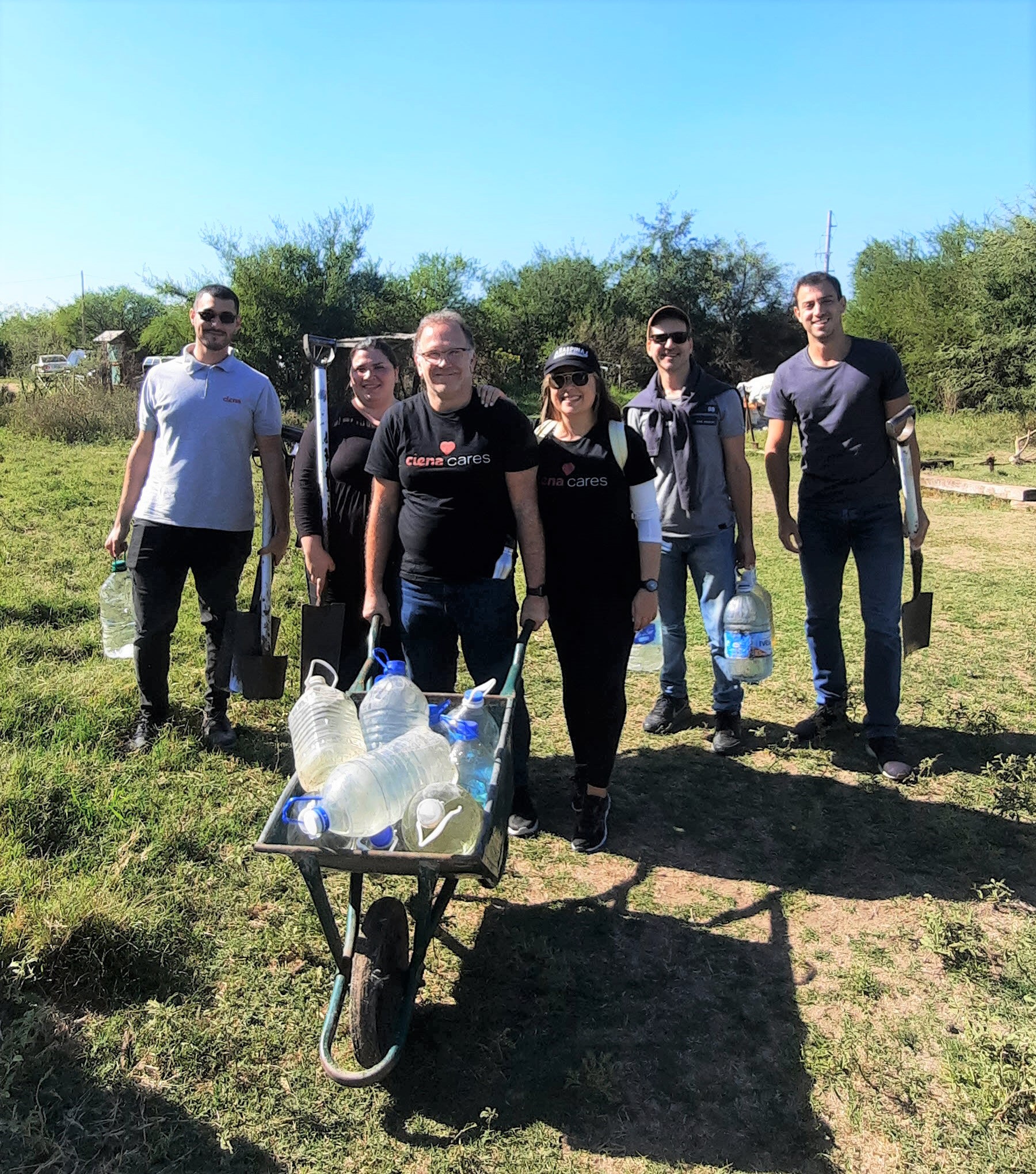
Teams in Buenos Aires planting new trees at a nature reserve (Argentina)
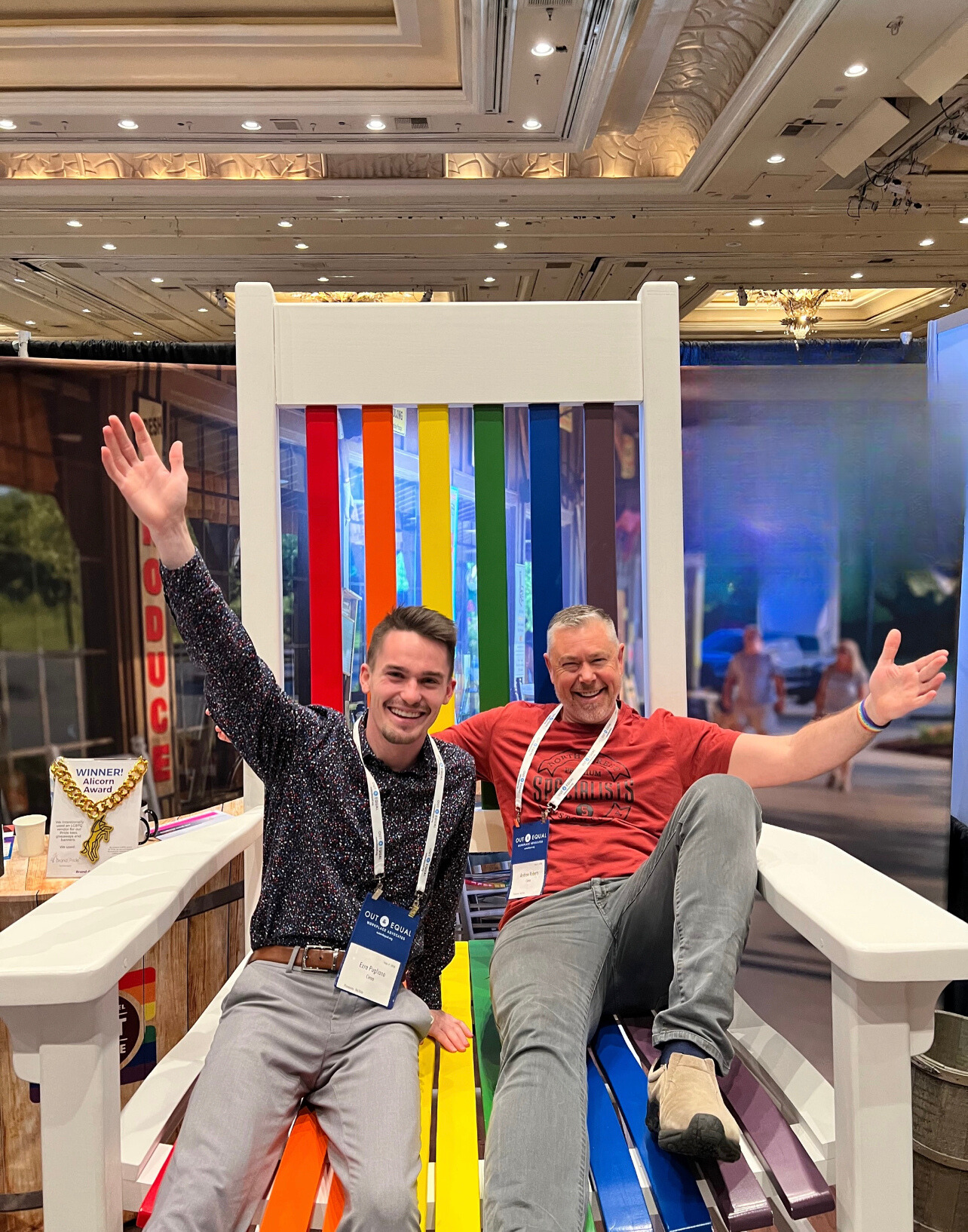
Ezra and Andrew celebrating pride at the Out & Equal Workplace Summit (United States)
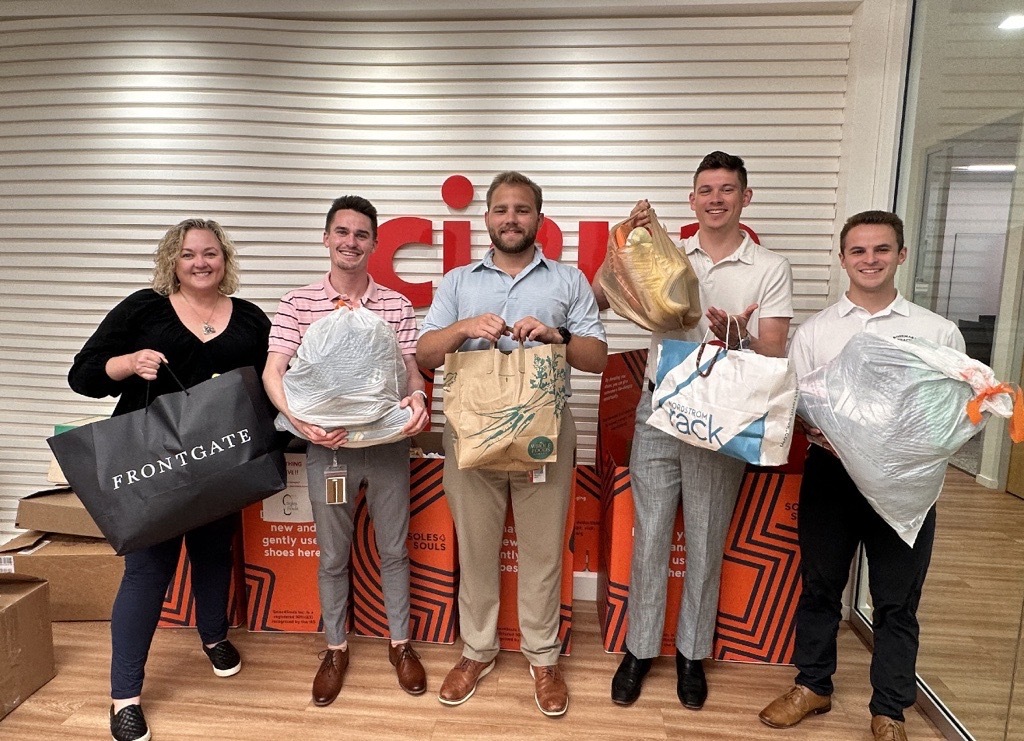
Team members from our Alpharetta office donating clothing for those in need (United States)
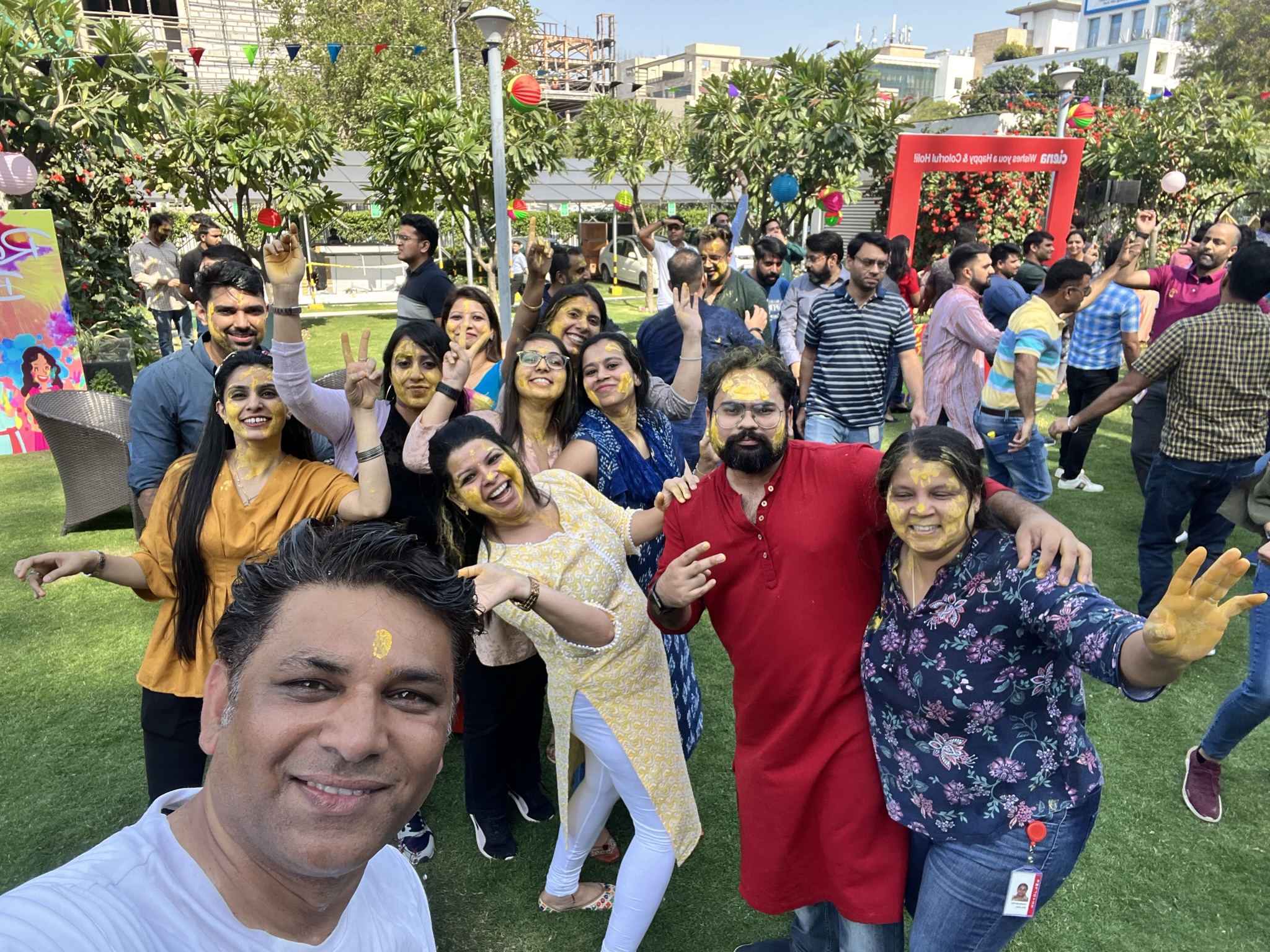
Colleagues celebrating Holi at our Gurugram office (India)

